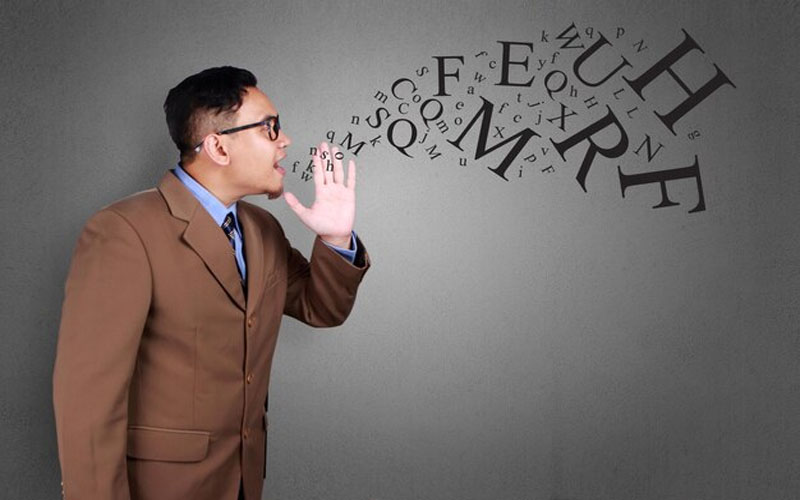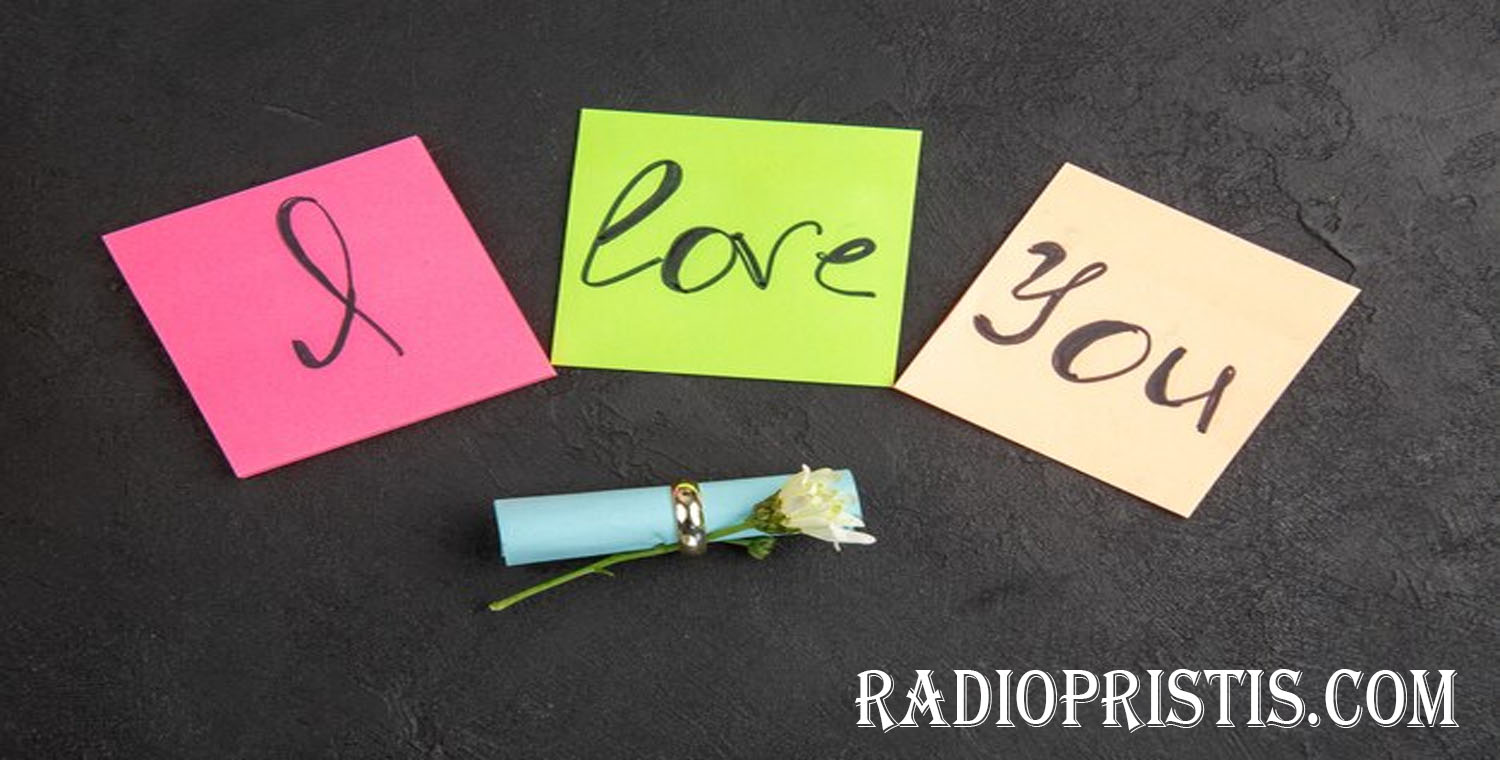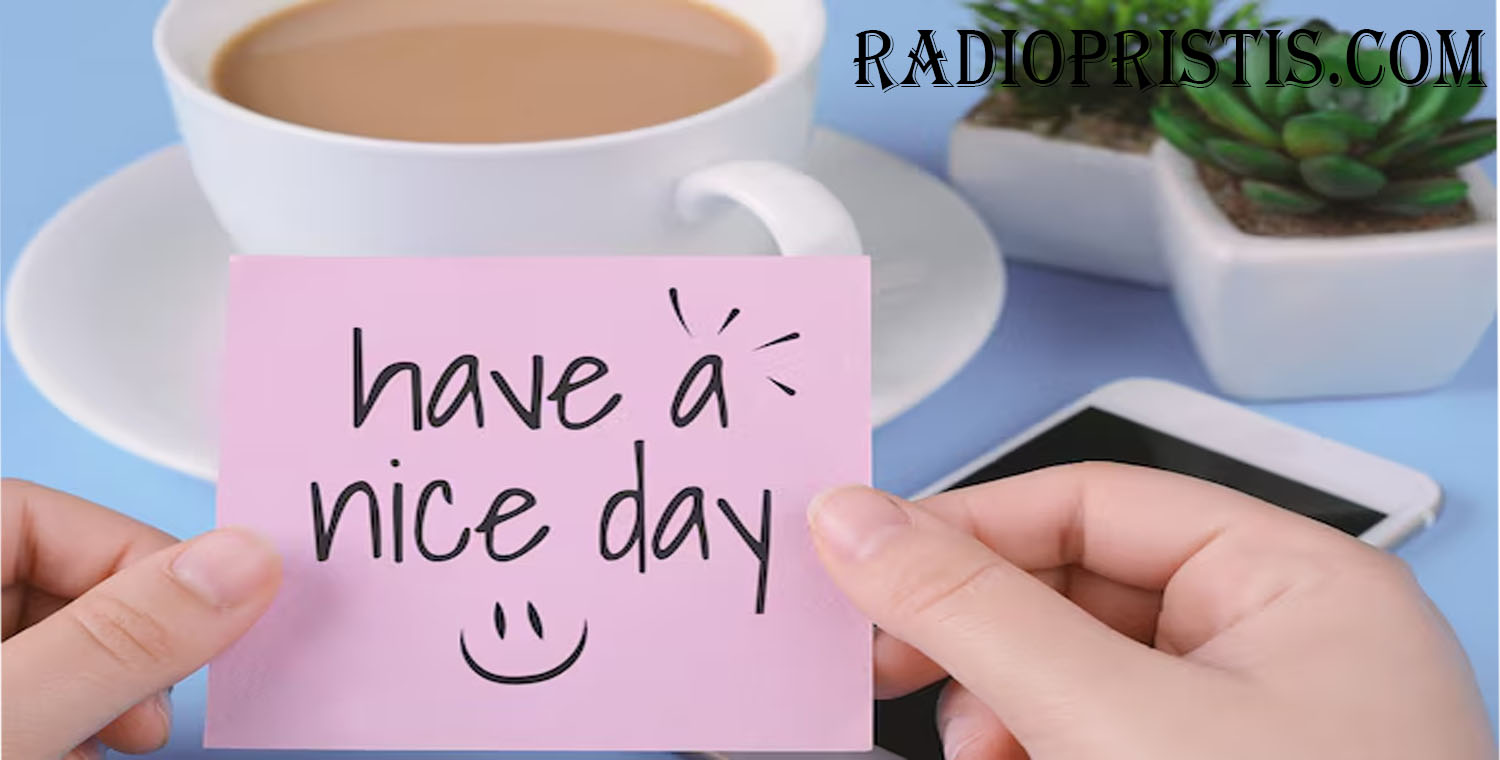The French phrase “si je parlais,” which translates to “if I spoke” in English, opens up a wide range of possibilities within the realm of language and communication. The phrase is particularly notable for its use in hypothetical or conditional statements, and it provides an excellent way to explore how language can express possibility, potential actions, and even desires. In this article, we will dive into the significance of “si je parlais,” its grammatical and cultural contexts, its usage in different settings, and how it can serve as a tool for self-expression and reflection.
The Meaning of “Si Je Parlais”

“Si je parlais” is a French expression that begins with “si,” meaning “if,” followed by “je,” which is the French pronoun for “I,” and “parlais,” the imperfect subjunctive form of the verb “parler,” meaning “to speak” or “to talk.” Together, these components form the phrase “if I spoke,” which can lead into various hypothetical scenarios based on the speaker’s imagined situation.
The imperfect subjunctive is often used in French to describe hypothetical, unreal, or counterfactual situations—those that are not grounded in the present reality. This grammatical construction signals that the speaker is imagining or reflecting on a situation that may or may not happen. The use of the imperfect subjunctive in “si je parlais” indicates that the speaker is discussing something that is not real at the moment but could be possible under certain conditions.
The Conditional and Hypothetical Nature of “Si Je Parlais”
In French, the phrase “si je parlais” is often followed by another verb in the conditional mood. The conditional is used to describe what would happen if certain conditions were met, making it an essential tool for talking about hypotheticals. For instance, “si je parlais français, je pourrais voyager partout” translates to “if I spoke French, I could travel everywhere.” Here, the speaker imagines a scenario where their ability to speak French would open up new opportunities for travel.
This structure illustrates how French uses the imperfect subjunctive and conditional to create a clear distinction between the present reality (the speaker does not speak French) and the potential reality (if the speaker spoke French, they could travel). It’s a construction that helps express wishes, dreams, and possibilities that exist only in the realm of imagination.
The Power of Hypothetical Language: What Can “Si Je Parlais” Express?
The phrase “si je parlais” is not just a linguistic tool; it’s a window into human desires, regrets, and the exploration of “what ifs.” By using “si je parlais,” speakers give voice to their inner reflections on how their lives might be different under alternative circumstances. Let’s explore some of the key themes that the phrase can evoke:
1. The Desire for Communication and Understanding
At its core, “si je parlais” often touches on the desire to communicate better or more effectively. For example, someone might say, “Si je parlais mieux anglais, je pourrais comprendre les films sans sous-titres,” meaning “If I spoke English better, I could understand movies without subtitles.” Here, the phrase reflects a longing for fluency and the desire to engage more deeply with the world around them.
Language is an essential tool for connection, and the hypothetical “si je parlais” highlights the ways in which people might wish to break down communication barriers. It can reflect the frustration of not being able to fully express oneself or understand others, whether in a foreign language or when grappling with complex feelings or ideas.
2. Self-Reflection and Regret

“Si je parlais” can also be a way for individuals to reflect on missed opportunities, decisions, or experiences. The phrase may serve as an expression of regret or contemplation about what might have been different if circumstances had been changed. For instance, a person might say, “Si je parlais à l’époque, je n’aurais pas fait cette erreur,” which translates to “If I had spoken at the time, I wouldn’t have made that mistake.”
Such hypothetical expressions can reveal underlying emotions like regret, guilt, or the wish to have acted differently in the past. In this context, “si je parlais” becomes more than just a simple grammatical construction; it becomes a vehicle for personal introspection.
3. The Fantasy of Power and Influence
For some, “si je parlais” may symbolize a desire for power or influence. When paired with actions that are desirable or grand, it can express the wish to wield influence in the world. For example, someone might say, “Si je parlais devant le président, je lui expliquerais mes idées pour améliorer la société,” meaning “If I spoke in front of the president, I would explain my ideas for improving society.”
In this case, the phrase emphasizes the potential for change that could come from communication. The use of the imperfect subjunctive and conditional mood highlights the idea that the speaker is imagining a situation where their words could have a significant impact—something that they might feel is out of reach in their current reality.
4. Exploring Identity and Voice
“Si je parlais” can also reflect an exploration of identity. The act of speaking—particularly in a language or context that is not native or familiar—can help an individual navigate their sense of self. For example, an individual learning a second language might say, “Si je parlais couramment, je pourrais mieux comprendre qui je suis,” meaning “If I spoke fluently, I could better understand who I am.”
This expression reflects the idea that language can be an essential tool for self-expression and personal growth. It points to the potential of discovering different aspects of oneself through the act of speaking, particularly when it comes to exploring new cultural contexts or communicating in a language that feels more authentic or empowering.
Cultural Context: The Significance of “Si Je Parlais” in French Culture
In French culture, the use of the phrase “si je parlais” is deeply intertwined with the importance placed on language and communication. French is often considered a language of culture, art, and intellectual discourse, and for many, the ability to speak French fluently is tied to a sense of identity and belonging. Whether it’s in literature, philosophy, or diplomacy, the French language has historically been associated with high culture and nuanced, sophisticated expression.
In such a context, “si je parlais” carries even more weight, as it conveys not just a hypothetical possibility but also an aspirational goal. Speaking French well opens doors to understanding the nuances of French culture, literature, and history, and for many, mastering the language is a lifelong pursuit.
Moreover, the use of conditional statements like “si je parlais” reflects a French cultural tendency to reflect deeply on life and its many possibilities. The French language is often used to explore philosophical concepts, such as existentialism, identity, and the passage of time. The ability to express a hypothetical scenario through such a structure allows speakers to delve into deeper, more reflective aspects of their lives.
“Si Je Parlais” in Popular Media and Communication
In popular media, the phrase “si je parlais” is often used to convey both humor and depth. For instance, in French cinema and literature, characters may use the phrase to explore the complexities of their relationships or their emotional states. It can also appear in dialogues as a way to reveal inner conflict or desires that would otherwise remain unspoken.
In more contemporary settings, the phrase has also made its way into social media conversations. The rise of platforms like Twitter, Instagram, and TikTok has led to the widespread use of humor and creativity in the expression of personal thoughts, desires, and hypothetical scenarios. “Si je parlais” might appear in memes or posts where users engage in playful musings about what they would do in different situations or with different abilities.
The Grammar Behind “Si Je Parlais”

To fully understand the phrase “si je parlais,” it’s essential to delve into its grammatical structure. The phrase uses the imperfect subjunctive form of “parler,” which is typically used in conditional or hypothetical statements. This form of the verb signals that the action is not grounded in reality but exists only as a possibility or a wish.
In French, conditional sentences often follow this pattern:
- If + imperfect subjunctive, then + conditional verb
For example, “Si je parlais plus fort, tout le monde m’entendrait,” meaning “If I spoke louder, everyone would hear me.”
The use of the imperfect subjunctive in “si je parlais” helps to set up the condition or hypothetical scenario, while the conditional verb in the result clause conveys the consequence of the imagined situation.
Conclusion
“Si je parlais” is a powerful phrase that embodies the potential of language to express hypothetical scenarios, desires, regrets, and aspirations. Whether it’s about the wish to communicate better, the fantasy of influencing change, or the self-reflection on missed opportunities, the phrase “si je parlais” allows speakers to engage deeply with their inner thoughts and emotions. It is a tool for exploration, self-expression, and connection, making it not only an essential part of the French language but also a window into the broader human experience. The phrase reminds us that language, whether spoken or imagined, has the power to shape our understanding of the world and our place within it.
Also Visit: Staple the Vicar: Unpacking This Uncommon Phrase
The Meaning of a Hectic Day: Understanding the Impact and Coping Strategies
Remise en Question: The Importance of Self-Reflection
Cuánto es 350 Libras en Kilos: Understanding the Conversion and its Practical Uses
Understanding the Importance of Cigomática: The Key to Facial Anatomy and Aesthetic Harmony














Leave a Reply